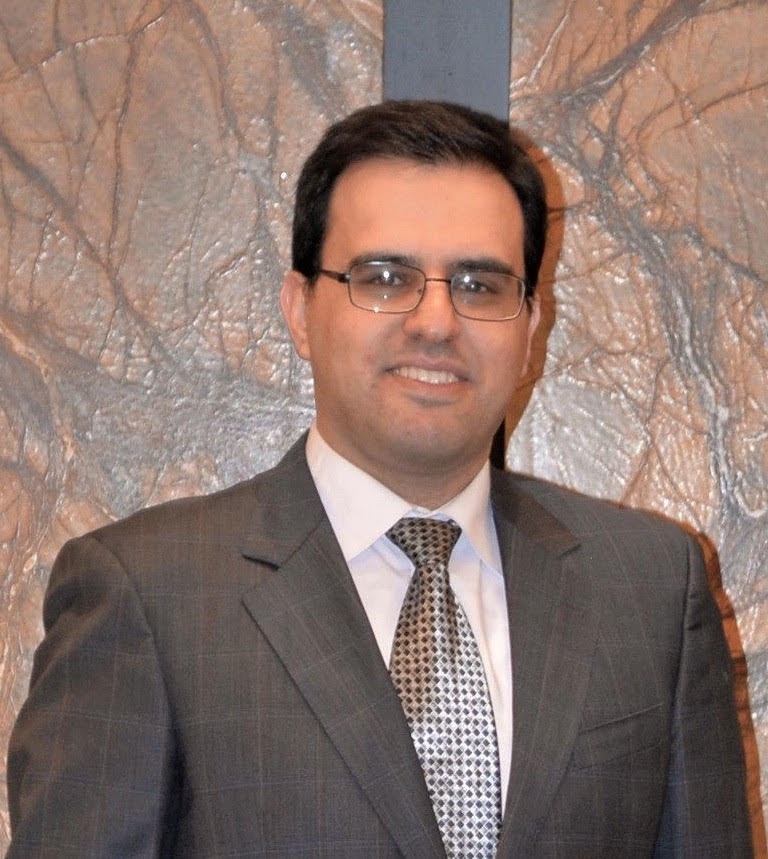Research In Action: Developing resiliency against cyber-attacks
By: Kari Klassen
 Amir Ameli, Assistant Professor in the Electrical Engineering department, is an early career researcher at Lakehead University, and is already demonstrating a building capacity in his field that will apply to our local economy, society and beyond.
Amir Ameli, Assistant Professor in the Electrical Engineering department, is an early career researcher at Lakehead University, and is already demonstrating a building capacity in his field that will apply to our local economy, society and beyond.
With the ever-expanding need for more energy to run the systems of our world, cybersecurity becomes an increasingly important concern.
“Cyber-attacks against power systems are growing in their number and complexity,” Ameli said. “Given that power grids are among the most critical infrastructure that societies highly depend on, many attackers have focused their attention on these grids. Targeting power systems can result in severe consequences, such as instability of the grid, or a blackout.”
High-profile cyber-attacks, such as the 2015 BlackEnergy trojan that left about half the homes in Ukraine’s Ivano-Frankivsk region (a population of 1.4 million) without power, show an urgent need for greater vigilance and protection.
“What (the cyber-attackers) do is slowly propagate into the system and gain information about at what point and at what direction they could create the maximum damage,” Ameli said. “It’s the stealthy nature of the cyber-attacks that is the most important challenge, since it makes it difficult for us, as power engineers, to detect cyber-attacks.”
While there are several layers involved in protecting power systems against cyber-attacks, Ameli’s area of research focuses on securing the cyber layer using the physical attributes of the system.
“My research builds the last line of defense to protect the system against those cyber-attacks that have already entered the system from the cyber layer, and tries to detect and mitigate them in the physical layer,” he explained. “What we do is different, but in line with what network security experts do to make power systems resilient to cyber-attacks.”
Ameli was awarded a National Sciences and Engineering Research Council (NSERC) Discovery Grant valued at $152,500 for his research project and he’s hopeful that several other grant proposals to different funding agencies will award him similar success.
“Immediately after I was hired, I started writing my NSERC DG proposal, which was my first funding proposal ever,” Ameli said. “Luckily it was accepted with very positive peer-review comments.”
Ameli’s research has also received attention locally. Lakehead and the City of Orillia have solidified a partnership that will see Ameli lead a team to determine the feasibility of Orillia becoming a cybersecurity industry hub. The City of Orillia has earmarked $25,000 toward the project, and a $25,000 NSERC Alliance Grant has also been secured.
“To use my expertise in a way that will benefit the economic development of our community is very satisfying,” he said.
Currently in the process of hiring students to assist him on his projects, Ameli has hired two master’s and one PhD student, and is planning on hiring several more master’s and PhD students.
“There are always open positions in my group for motivated and qualified students who have a background in power system cyber-security and protection. Such students are always welcome to contact me.”


